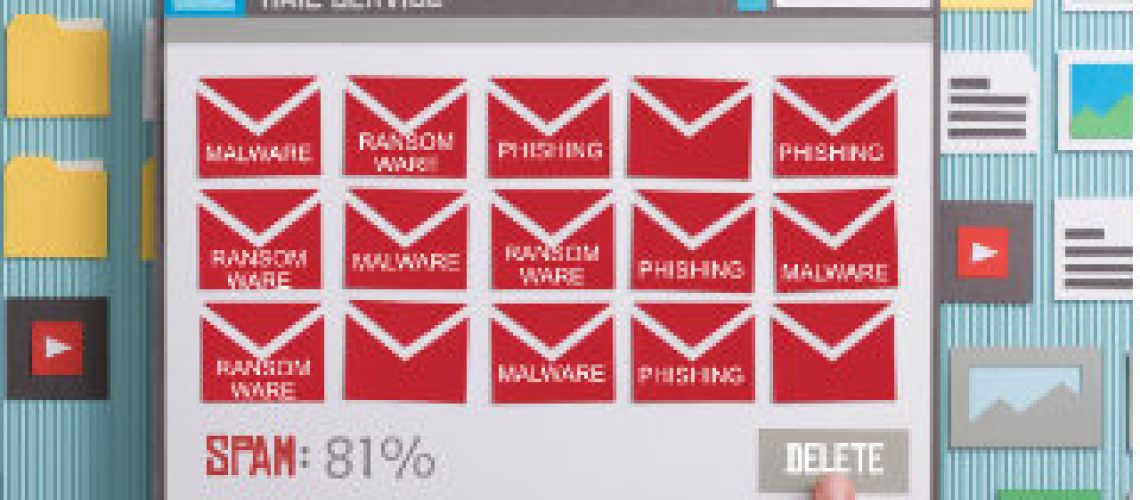In the modern era, email has become an indispensable aspect of our daily routines, including essential business transactions. However, the rising reliance on digital technology has led to an upsurge in cybercrime. Cyber Express recognizes the importance of email security in areas like Youngstown, Boardman, Mahoning County, Ohio, and addresses the significant threat of Business Email Compromise (BEC) facing businesses today.
Giving special attention to BEC attacks is crucial due to their alarming increase. In 2022, BEC attacks surged by 81%, and a staggering 98% of employees fail to report these threats. Vigilance against such attacks is vital to protect businesses from potential harm.
What is Business Email Compromise (BEC)?
Business Email Compromise (BEC) refers to an email fraud scheme where criminals target both businesses and individuals. Their primary focus is on those involved in wire transfer payments.
The scammer assumes the identity of a high-level executive or business partner. Emails are then sent to employees, customers, or vendors, requesting payments of fund transfers in various forms.
Based on FBI data, BEC inflicted losses of approximately $1.8 billion on businesses in 2020. Shockingly, this figure surged to $2.4 billion in 2021. As well as causing severe financial damage to businesses and individuals, they can also tarnish their reputations.
How Does BEC Work?
BEC attacks are notorious for their well-crafted and sophisticated nature, making them challenging to detect. Attackers first research the target organization and its employees, gaining insights into the company’s operations, suppliers, customers, and business partners. Much of this information is often freely available through online platforms such as LinkedIn, Facebook, and organizational websites. Armed with knowledge, scammers expertly create convincing emails that seem to originate from high-level executives or trusted business partners.
The email will urge the recipient to initiate a payment or fund transfer, stressing its urgent and confidential nature. For instance, it might involve a new business opportunity, vendor payment, or foreign tax payment. The email creates a sense of urgency, pressuring the recipient to act promptly. Employing social engineering tactics, the attacker may impersonate a trusted contact or craft a fake website mirroring the company’s site. These tactics enhance the email’s legitimacy, making it appear genuine and convincing.
Should the recipient succumb to the fraud and make the payment, the attacker will seize the funds and escape with them. This leaves the victim grappling with financial losses in the aftermath of the fraudulent scheme.
How To Fight Business Email Compromise
BEC frauds can be difficult to prevent but there are measures that businesses and individuals can take to minimize the risk of falling victim to them.
Educate Employees
Educating employees about the perils of BEC is paramount for organizations. This requires providing training on how to identify and avoid such frauds. Employees should familiarize themselves with scammer tactics, such as urgent requests, social engineering, and fake websites, to strengthen their vigilance against potential threats. Training should also include email account security, including:
- Checking their sent folder regularly for any strange messages
- Using a strong email password with at least twelve characters
- Changing their email password regularly
- Storing their email password in a secure manner
- Notifying an IT contact if they suspect a phishing email
Enable Email Authentication
Organizations should implement email authentication protocols.
This includes:
- Domain-based Message Authentication, Reporting, and Conformance (DMARC)
- Sender Policy Framework (SPF)
- DomainKeys Identified Mail (DKIM)
These protocols verify email authenticity, deter spoofing, and improve email deliverability by preventing messages from landing in junk folders.
Deploy a Payment Verification Process
Implementing payment verification processes like two-factor authentication and confirmation from multiple parties ensures the legitimacy of wire transfer requests. Having multiple verifiers for financial payment requests enhances security.
Check Financial Transactions
To ensure the legitimacy of wire transfer requests, organizations should employ payment verification processes like two-factor authentication and confirmation from multiple parties. Having multiple verifiers for financial payment requests enhances security.
Establish a Response Plan
Organizations need a response plan for BEC incidents, covering reporting, freezing transfers, and notifying law enforcement promptly.
Use Anti-Phishing Software
Both businesses and individuals can utilize anti-phishing software to identify and prevent fraudulent emails. With the growing integration of AI and machine learning, these tools are becoming increasingly potent in combating phishing attempts. However, it is crucial for businesses to remain vigilant and proactively safeguard their interests from the rising sophistication of AI-driven phishing technology.
Need Help with Email Security Solutions?
It only takes a moment for money to leave your account and be unrecoverable. Do not leave your business emails unprotected. If you are in Youngstown, Boardman, Mahoning County, Ohio, and need IT support for your business, Cyber Express can assist you. Specializing in Technology and finding solutions for various challenges, we are here to help. Call us today, and we will be glad to assist you.

